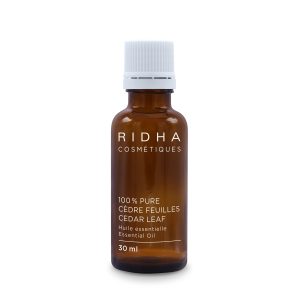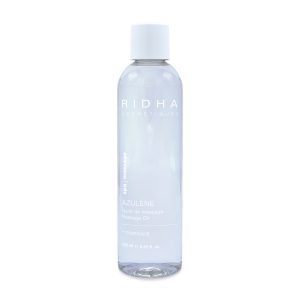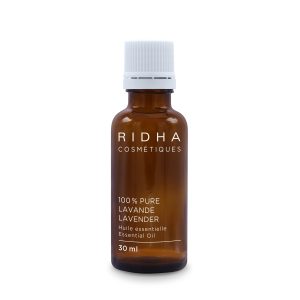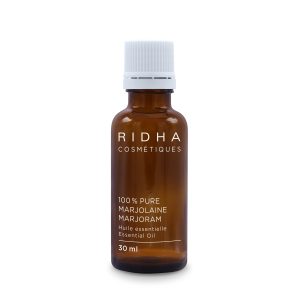ACTIVES + BENEFITS
Origin: Spain
Part used: Plant
Thyme essential oil, extracted from the aromatic plant Thymus vulgaris, is a natural treasure with multiple virtues. With its herbaceous, spicy aroma, this essential oil is renowned for its antiseptic, antibacterial and antifungal properties. It is widely used in aromatherapy to boost the immune system and treat ailments such as respiratory infections. In addition to its medicinal virtues, thyme essential oil is appreciated in cosmetics for its purifying and regulating properties.
Thanks to its thymol-rich composition, thyme essential oil offers stimulating and revitalizing benefits. It is also prized for its anti-inflammatory and expectorant properties, making it a valuable ally in relieving respiratory disorders such as coughs and colds.
However, due to its high concentration of active compounds, it is recommended to use it with caution and to consult a health professional before any use, especially for pregnant women, children, and sensitive individuals.






Reviews
There are no reviews yet.